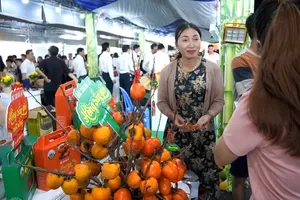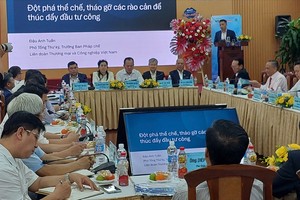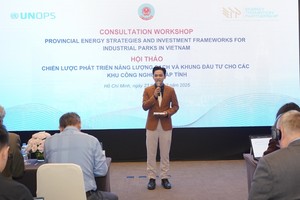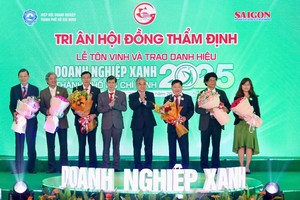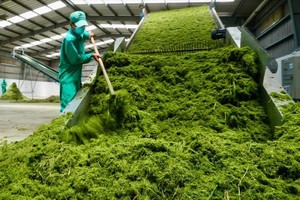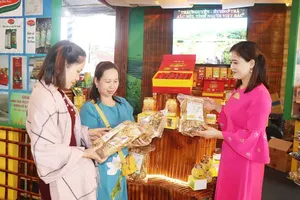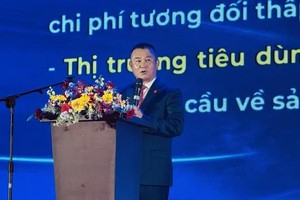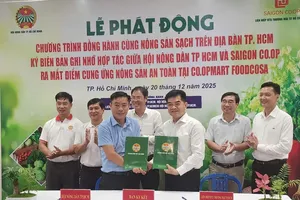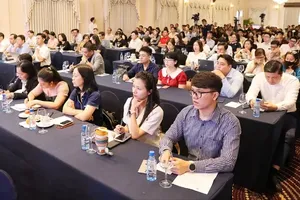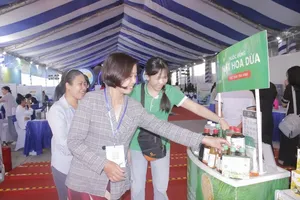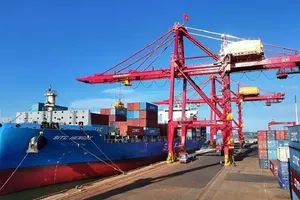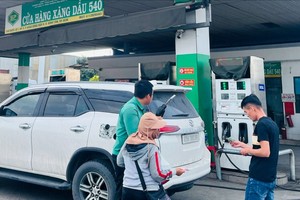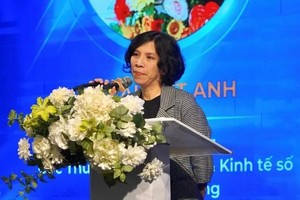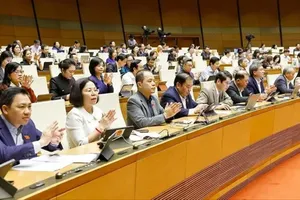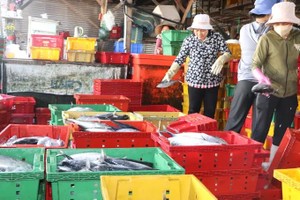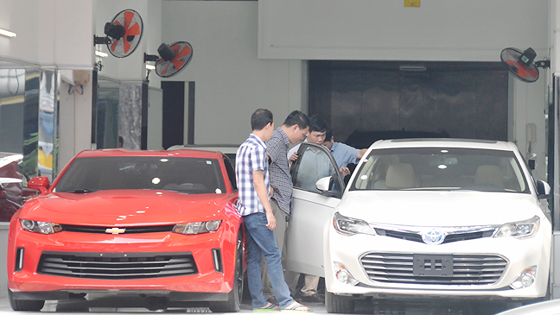
Businesses said that regulations in the decree will highly increase auto import costs.
Specifically, the decree stipulates that import businesses must supply copies of automobile quality certificates granted by overseas authorized agencies. That is a very disadvantageous condition because the certificates do not exist in many countries who have permitted manufacturers to self-certify or an authorized organization to grant the certificate. Still their standard and registration system is unfamiliar with Vietnam’s.
Vietnam Registration Agency will not accept differences in driving position, exhaust fume standards or other specifications of products sold in different markets.
Currently, the agency has strictly implemented quality control procedures. Hence, the regulation will increase unnecessary procedures hindering businesses’ trading.
According to another regulation in the decree, import automobiles must be examined by quality management agencies who will take a sample from each consignment for testing to ensure technical safety and environmental protection standards. That will prolong customs clearance time and cause waste for the society.
A sample testing might last up to two months and exhaust fume checking might cost US$10,000. During that time, other automobiles in the same consignment will be forced to stay in seaports’ warehouses, increasing costs unnecessarily. Moreover, the storage might overload seaports, says the representative of Hoang Minh Export Import Company in Binh Tan.
In opposition to import companies, domestic manufacturers and assemblers have been optimistic and supported many regulations of the decree.
Huyndai Thanh Cong Vietnam and Thaco representatives said that the purpose of the decree was to create fairness among businesses. Without such regulations, it will be difficult to control the quality of import products.
The decree has taken effect from October 17. Already imported products will abide by current regulations until December 31, 2017.
Auto assembly protection repeats
Few years ago, Circular 20 of the Ministry of Industry and Trade stipulated that importers must present papers in which car manufactures designate or authorize them to be importers or distributors of their products. The regulation has narrowed the door for completely built unit car import.
After six years of the circular, a slew of small firms trading import automobiles have closed their doors.
The market now see tens of big companies comprising car assembly joint venture such as Toyota Vietnam, Honda Vietnam, Mercedez-Benz Vietnam, Ford Vietnam and Thaco who is the official importer of the former ones. The remaining companies are importers of Subaru, Volkswagen, BMW, Audi and Porsche car manufacturers.
After Decree 116 takes effect, it is forecast that many auto import companies will disappear in the market. Regulations in the decree continues creating monopoly for some businesses in the market.
Consumers will not have many choices than paying the price set by the sole distributor of an auto brand name. The huge profit from the market will run into tens of instead of hundreds of companies as before.
Sai Gon Giai Phong reporters have recorded the market and found that Decree 116 has immediately impacted domestic auto market. Many Toyota dealers have renegotiated with customers, who have ordered new car models such as Fortuner, for being unable to determine customs clearance time.
Other manufacturers such as Ford, Chevrolet and Mitsubishi with import auto sources from Thailand have also been affected because they have to supplement many new types of papers.
The decree is considered to be a way to protect locally assembled cars from the influence of the 0 percent tax rate next year. Businesses have to ensure their profit so all costs arising from Decree 116 will be counted into car prices and customers will have to pay that.
